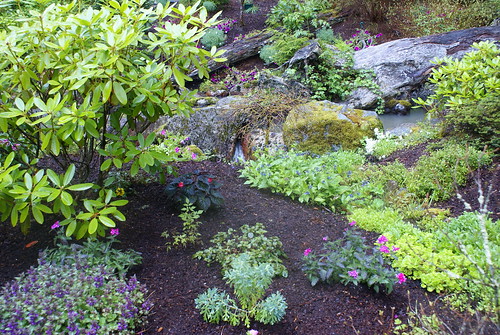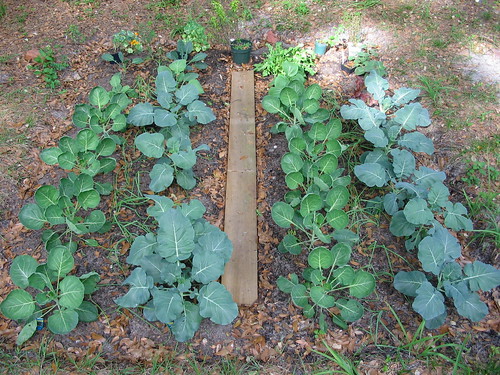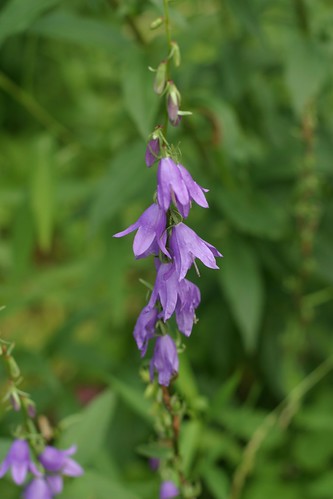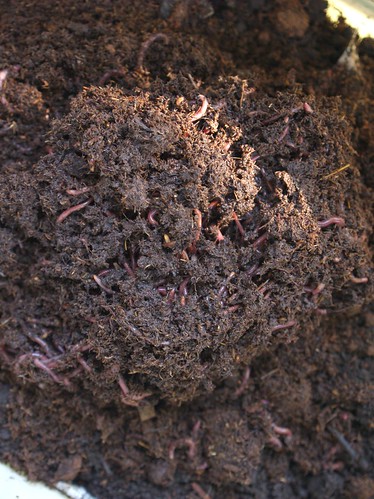
TheGardenLady received this question from Tamara –
I am looking for a list of plants that love acid soil and are edible – blueberries are one that springs to mind. Are there others? I need a range of shrubs and smaller plants to go as a border. I’m replacing a camellia that is way too big for the space it’s in, and a couple of other plants in the same area that do well but were neglected by the people who lived here before us.
You have requested plants for your garden that needs acid loving plants. The three most popular acid loving shrubs that comes to mind are rhododendrons, azaleas and hollies. There are dwarf hybrid and species rhododendrons and azaleas and also dwarf hollies if you have a small garden. You can even plant rosa rugosa in acid soil. A short list of some acid loving plants are kalmia-mountain laurel, conifers, ferns, hydrangea, magnolias. Not knowing how acid your soil is, included is a list of ph tolerant trees. I do not know where you live, but most of the soil in NJ is slightly acidic and Rutgers has an excellent fact sheet about plants needing acidic soil.

 Â Â Â Â Â Â Â Â Â Â Â Â Â Â Â Â Â Â Â Â Â Â Â Â Â Â Â Â Â Â Â Â Â Â Â Â Â Â Â Â Â Â Â Â Â Â Â Â Â Â Â Â Â Â Â Â Â Â Â Â Â Â Â Â Â Â Â Â Â Â Â Â Â Â Â
                                                                           

 Â Â Â Â Â Â Â Â Â Â Â Â Â Â Â Â Â Â Â Â
                    

 Â Â Â Â
   Â